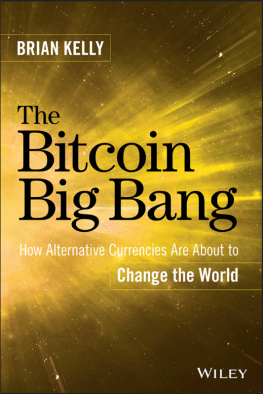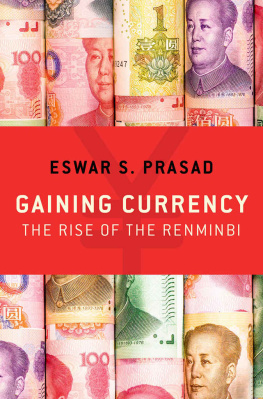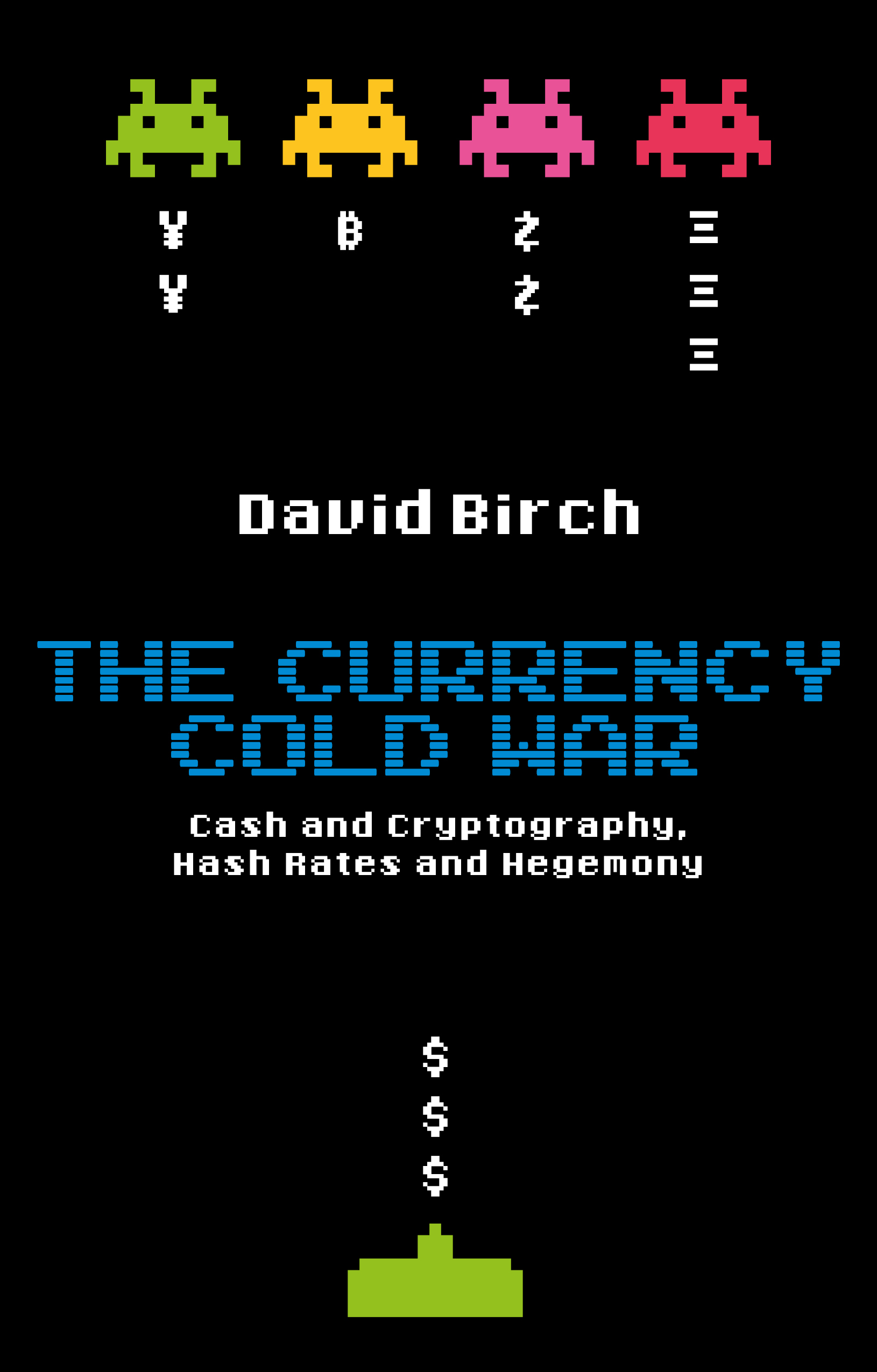David Birch - The Currency Cold War: Cash and Cryptography, Hash Rates and Hegemony
Here you can read online David Birch - The Currency Cold War: Cash and Cryptography, Hash Rates and Hegemony full text of the book (entire story) in english for free. Download pdf and epub, get meaning, cover and reviews about this ebook. City: London, year: 2020, publisher: London Publishing Partnership, genre: Science. Description of the work, (preface) as well as reviews are available. Best literature library LitArk.com created for fans of good reading and offers a wide selection of genres:
Romance novel
Science fiction
Adventure
Detective
Science
History
Home and family
Prose
Art
Politics
Computer
Non-fiction
Religion
Business
Children
Humor
Choose a favorite category and find really read worthwhile books. Enjoy immersion in the world of imagination, feel the emotions of the characters or learn something new for yourself, make an fascinating discovery.
- Book:The Currency Cold War: Cash and Cryptography, Hash Rates and Hegemony
- Author:
- Publisher:London Publishing Partnership
- Genre:
- Year:2020
- City:London
- Rating:5 / 5
- Favourites:Add to favourites
- Your mark:
The Currency Cold War: Cash and Cryptography, Hash Rates and Hegemony: summary, description and annotation
We offer to read an annotation, description, summary or preface (depends on what the author of the book "The Currency Cold War: Cash and Cryptography, Hash Rates and Hegemony" wrote himself). If you haven't found the necessary information about the book — write in the comments, we will try to find it.
The way that money works now is a blip. Its a temporary institutional arrangement agreed in response to specific political, technological and economic circumstances. As these circumstances change, so money must change. Many people think that it will undergo a pretty significant change in the very near future and we need to start planning for the coming era of digital currency. The historian Niall Ferguson wrote in 2019 that if America is smart, it will wake up and start competing for dominance in digital payments. Competing for this new currency dominance could mean a new cold war in cyberspace with, for example, Facebooks private currency facing off against Chinas public currency facing off against a digital euro. Or would a digital dollar win this new space race?
This is not just the concern of wide-eyed technologists obsessed with Bitcoin. In a 2019 speech the governor of the Bank of England said that a form of global digital currency could be the answer to the destabilising dominance of the US dollar in today s global monetary system. But which digital currency? Will we really be choosing between the Federal Reserve and Microsoft (between dollar bills and Bills dollars)? Or between Facebooks Libra and the Chinese Digital Currency/Electronic Payment system DC/EP? Between spendable SDRs and Kardashian Kash?
It would be a mistake to see this as a technical debate about cryptocurrencies and blockchains, about hash rates and key lengths. It matters far beyond the virtual boundaries of the new age. The dollars dominance gives America the ability to exert soft power through the International Monetary and Financial System. A serious implication of replacing existing monetary arrangements with new infrastructure based on digital currency is that this power might be constrained. How might America respond to losing its hegemony?
David Birch: author's other books
Who wrote The Currency Cold War: Cash and Cryptography, Hash Rates and Hegemony? Find out the surname, the name of the author of the book and a list of all author's works by series.

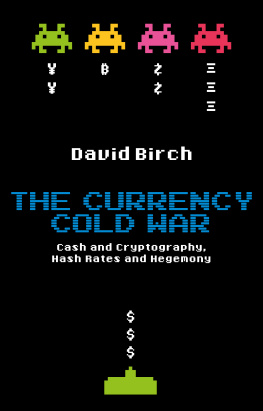
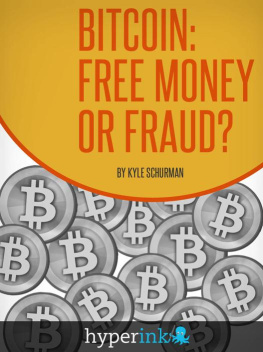
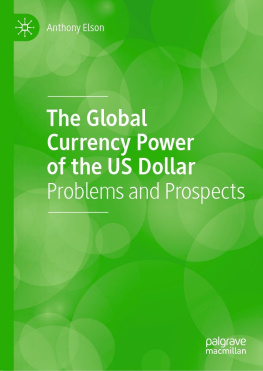
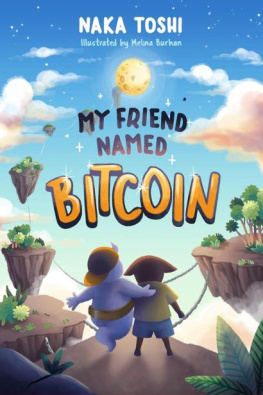
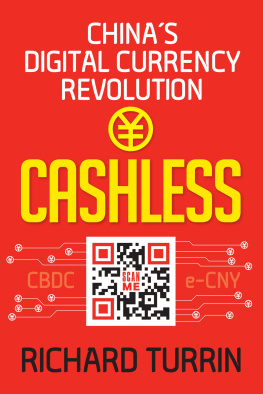
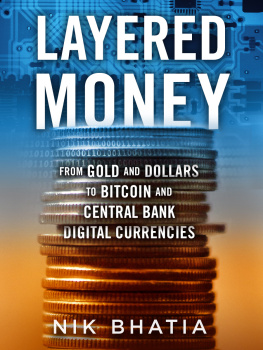
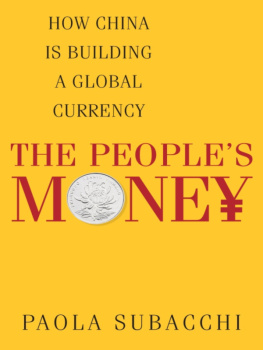
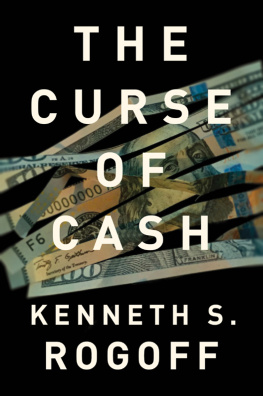
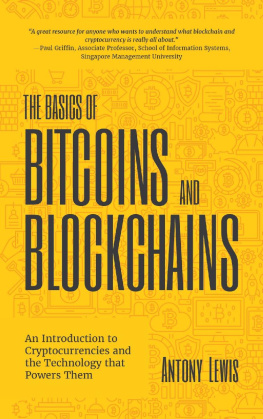
![Brian Kelly [Brian Kelly] - The Bitcoin Big Bang: How Alternative Currencies Are About to Change the World](/uploads/posts/book/119681/thumbs/brian-kelly-brian-kelly-the-bitcoin-big-bang.jpg)
